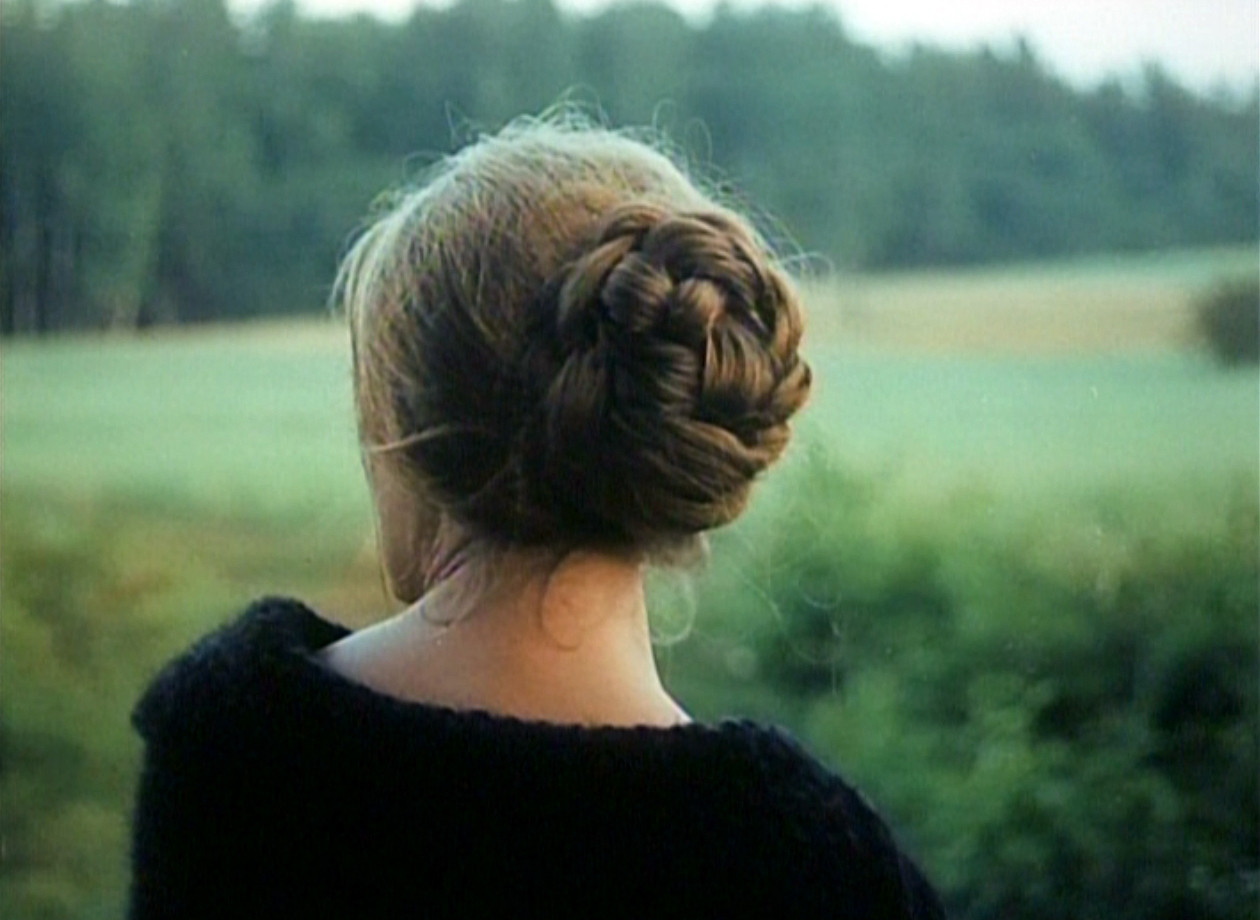
Six Close Encounters 2017 / Zerkalo / USSR 1975
My first proper teaching post, in 2001, was in Prague. I would frequent the screening room of a tatty little video rental store on Dlouhá Street to watch old movies. I saw Tarkovsky’s Mirror there one winter afternoon, discovering the most intuitive, poetic sequences ever made. The sincerely spiritual might be out of fashion, but Tarkovsky’s fierce commitment to his creative vision rests on the kind of integrity cinema must never lose.
Carmen Gray


Born in New Zealand, I now live in Berlin. I’ve been a writer and programmer for a decade, but before I became involved in the film industry I was a language teacher. My first proper teaching post, in 2001, was in Prague. It was before the days of widespread laptop ownership, and I would frequent the screening room of a tatty little video rental store on Dlouhá Street to watch old movies. I saw Tarkovsky’s Mirror there one winter afternoon, discovering the most intuitive, poetic sequences ever made, such as a woman levitating above a bed as water cascades indoors. Devastating archival footage, of Red Army troops trudging through interminable mud, places this weave of childhood memories and dreams within the wider reverberations of Russia’s history. The sincerely spiritual might be out of fashion, but Tarkovsky’s fierce commitment to his creative vision – despite state obstruction – rests on the kind of integrity cinema must never lose.
Carmen Gray
108 min / Color, Black & White, DCP
Director Andrey Tarkovsky
/ Screenplay Andrey Tarkovsky, Aleksandr Misharin
/ Dir. of Photography Georgi Rerberg
/ Music Eduard Artemev
/ Editor Lyudmila Feyginova
/ Art Director Nikolay Dvigubsky
/ Producer Erik Waisberg
/ Production Mosfilm
/ Cast Margarita Terekhova, Oleg Yankovsky, Ignat Daniltsev, Alla Demidova
/ Sales Mosfilm Cinema Concern

Andrey Tarkovsky (1932, Zavrazhye, USSR − 1986, Paris) graduated in film direction from Moscow’s VGIK film school (1954–60). From the outset he expressed himself as a creator who professed spiritual values and sensitively responded to the mood of the era and to unsettling questions of moral responsibility. In his first feature, Ivan’s Childhood (1962), he depicted the absurdity of war from a child’s perspective. The historical fresco Andrei Rublev (1966) pits the vision of a famous artist against religious myth and barbaric cruelty. The philosophical sci-fi Solaris (1972), based on the novel by Stanisław Lem, investigates the relationship between technology and conscience. His autobiographical mosaic The Mirror (1975) also had a meditative subtext. Next came the allegorical road movie Stalker (1979), an adaptation of the Strugatsky brothers novel set in a postindustrial landscape. He shot the existential parable Nostalgia (1983) and The Sacrifice (1986) in exile.
Mosfilm Cinema Concern
Mosfilmovskaya Str. 1, 119 991, Moscow
Russia
Phone: +7 095 143 9700
Fax: +7 095 938 2083
E-mail: [email protected]

Carmen Gray
Journalist
First-hand brews throughout the year.
Be among the first to learn about upcoming events and other news. We only send the newsletter when we have something to say.